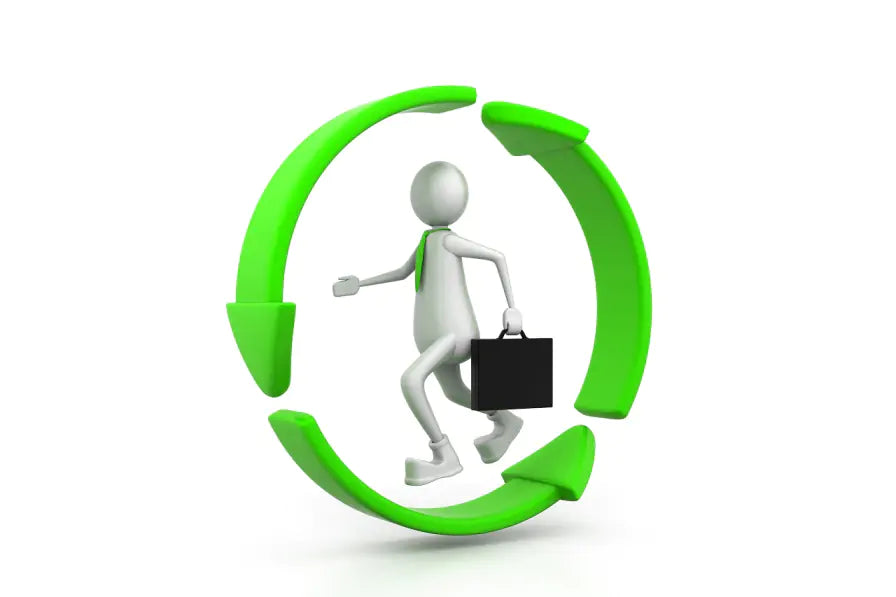Your basket is currently empty.
Shop NowRecycling Roundup 2nd July

Recycling roundup 2nd July
The supermarket Morrisons has announced measures to reduce plastic pollution, which includes a commitment to make all of its own brand packaging reusable, recyclable, or compostable by 2025. They are one of many businesses that have signed up to WRAP’s UK plastics PACT, an industry initiative which aims to change the way that businesses use plastic and to prevent them from ending up in the environment.
Other things Morrisons are doing to do their bit are:
Letting customers use their own containers when they purchase meat and fish from the butcher and fishmonger counters.
Assessing all of their own brand products to see where plastic packaging can be reduced or removed.
Trialling the removal of plastic packaging from fruit and vegetables in a number of their stores.
Making more of their packaging recyclable, partly by phasing out black plastic trays for ready meals, meat and fish by the end of 2019.
Installing drinking water fountains into their newly-built stores, so people can fill up their water bottles instead of buying new ones.
No longer selling cotton buds with plastic stems
No longer selling single-use carrier bags
 Image courtesy of WRAP UK
Image courtesy of WRAP UK
The waste management firm Veolia has opened what it says is Europe’s first solar panels recycling facility in France
The company signed a contract with solar recycling group PV Cycle France which will see them recycle 1,300 tonnes of solar panels this year. This is roughly the number of panels that will be decommissioned across France.
Solar panels tend to have lifespans of around 25 years, and many of the oldest panels are nearing the end of their life.
The facility uses robots to take the solar panels apart, and recover the reusable materials like glass, silicon, plastics, copper, and silver so they can be used to create new panels.
Previously, used solar panels were sent to normal waste plants and much of the valuable materials were lost. Veolia aims to recycle 4000 tonnes of solar panels per year by 2022.
Councils across the West Midlands are sending the recycling they collect overseas, with paper, card and plastics being sent to China and other destinations.
The most recent figures show that Dudley council sent 1,680 tonnes of card and paper and 16 tonnes of plastics to China, as well as 102 tonnes of paper and card and 5 tonnes of plastics to Malaysia and the Philippines. The council also sent 5 tonnes of PET plastics to Indonesia and 4 tonnes of HDPE plastics to Taiwan.
Solihull council sent 175 tonnes of card, 1,523 tonnes of mixed paper and card and 20 tonnes of food and beverage cartons to China in 2016/17. They also sent 93 tonnes of plastic to the Netherlands, 16 tonnes of plastics to Poland and 7 tonnes of plastics to Turkey.
Over 2 years, 2.2 million tonnes of recyclables were sent overseas, 500,000 tonnes of them to an ‘unknown destination.’
This is a situation that is occurring nationwide. England recycles 44% of its household waste, which puts the country at 18th in the world recycling league table, behind countries like South Korea, Taiwan and Slovenia.
Environmental charities have called for the government to play more of an active role by setting recycling targets telling councils how to collect recycling.
The Green Party MP Caroline Lucas commented that Britain should be leading the way in recycling instead of passing all of its waste onto other countries. She added that people were being misled about what happens to their waste when they put it in the recycling bin.






